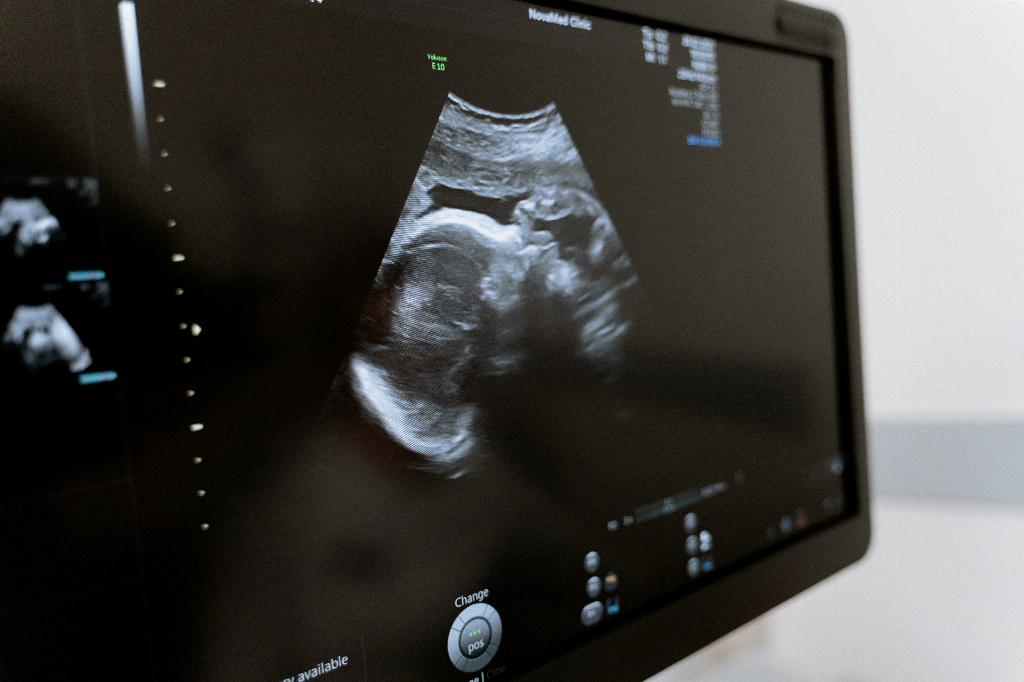When it comes to discussing the cause of hyperemesis gravidarum, a severe form of morning sickness experienced during pregnancy, it is essential to delve into the hormonal changes that occur in the body during this period. While many pregnant individuals may experience mild morning sickness characterized by nausea and vomiting, hyperemesis gravidarum presents as a more intense and debilitating condition.
One key factor believed to contribute to the onset of hyperemesis gravidarum is the rapid increase in the levels of a hormone known as human chorionic gonadotropin (HCG). This hormone, which is released by the placenta, plays a crucial role in supporting pregnancy. However, in cases of hyperemesis gravidarum, the elevated levels of HCG are thought to trigger severe nausea and vomiting beyond the typical range of morning sickness.
It is important to note that while mild morning sickness is a common occurrence during pregnancy and is usually manageable, hyperemesis gravidarum represents a less frequent but more severe manifestation of these symptoms. Those who experience hyperemesis gravidarum often find themselves facing significant challenges due to the intensity and prolonged nature of the condition.
Furthermore, the exact mechanisms through which HCG contributes to the development of hyperemesis gravidarum are still being studied. Researchers are exploring various factors, including the potential impact of HCG on the gastrointestinal system and the brain, to better understand how this hormone may influence the severity of nausea and vomiting in affected individuals.
Aside from HCG levels, other potential factors that have been linked to hyperemesis gravidarum include genetic predisposition, nutritional deficiencies, and the presence of certain medical conditions. These factors may interact with hormonal changes in complex ways, contributing to the development and progression of this challenging condition.
Given the range of factors that may be involved in the development of hyperemesis gravidarum, it is crucial for healthcare providers to take a comprehensive approach when assessing and managing this condition in pregnant individuals. By considering the interplay of hormonal, genetic, and nutritional factors, healthcare professionals can tailor treatment strategies to address the specific needs of each patient.
For individuals who are experiencing hyperemesis gravidarum, seeking timely medical attention is essential to ensure proper monitoring and support throughout their pregnancy. Effective management of symptoms, including nausea and dehydration, can help alleviate the impact of hyperemesis gravidarum on both the physical and emotional well-being of pregnant individuals.
In conclusion, while the exact cause of hyperemesis gravidarum may involve a combination of hormonal, genetic, and nutritional factors, the role of HCG in triggering severe nausea and vomiting remains a central focus of research and clinical understanding. By continuing to investigate the underlying mechanisms of this condition, healthcare providers can advance their efforts to provide personalized care for pregnant individuals affected by hyperemesis gravidarum.

